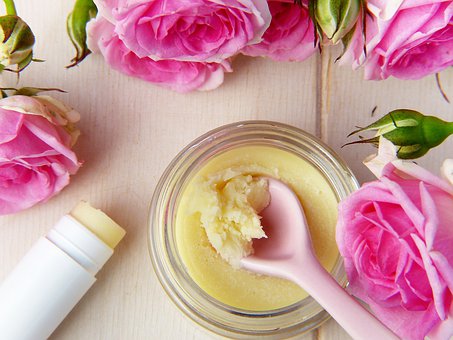
4 Reasons Halal Certification is Important in The Cosmetics Industry
As of 2019, the beauty industry is valued at an estimate of $532 billion and counting!
Needless to say, the beauty industry is growing faster than ever before. The Business Insider attributes one of those growing factors to offering “Sustainable Alternatives” to the market. When closely evaluated, sustainable alternatives cater to health-conscious shoppers seeking products free from toxins and other harmful ingredients.
Great nail polish and a flawless makeup application are age-old beauty practices and a mainstay for many women in the modern world. A recent study via Rising Consumers Market Research about cosmetics and COVID-19 reveal its staying power. When questioned about the most essential cosmetics to buy and use during the pandemic, 62% responded with “lip balm and lipstick.”
Bearing these factors in mind, let’s take a look at 4 main reasons why Halal certification is important in the cosmetics industry:
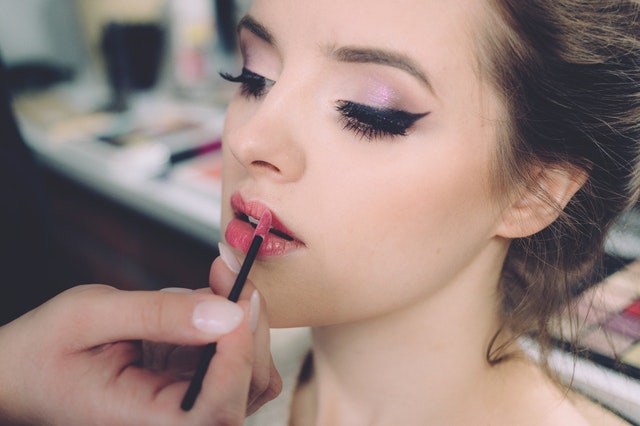
1: Muslim Buying Power in the Market
Due to the stringent review process for products to receive Halal certification, conscious buyers have an additional layer of peace of mind. With the rise of YouTube, Instagram and other outlets for social media influencers to reach such a wide market, one must consider the share of Muslim buyers in today’s beauty market as these Muslim consumers are creating and posting their makeup tips in full length videos too. According to Wunderman Thompson “Global Muslim spending on cosmetics is expected to reach $213 billion by 2021.” This market is not to be overlooked.
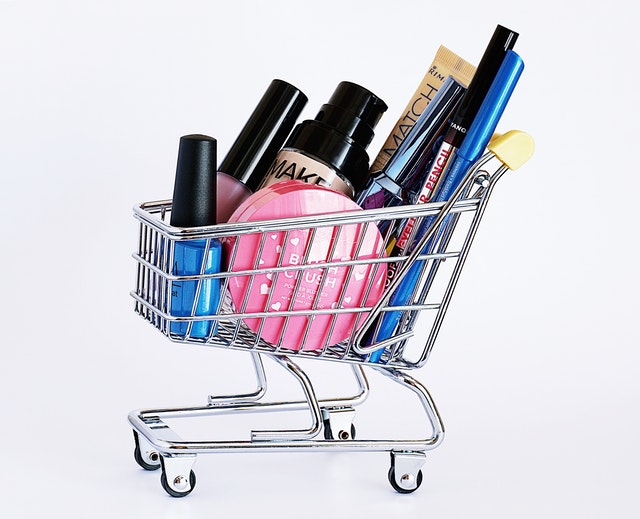
2: The Value-Conscious Buyer on the Rise
Spending power, coupled with a certified Halal product, equates to a more confident purchaser.
Because you have an emerging population of Muslim consumers who are conscious of their values and ethics, they will assuredly seek products that are aligned with their beliefs. It can be time-consuming for the average shopper to read all ingredients in each product to know it’s safe and free from harmful substances. It is even more of an inconvenience to go a step further with cosmetics as most products don’t directly list all ingredients on their packaging. All of this is eased with a simple Halal stamp of approval!
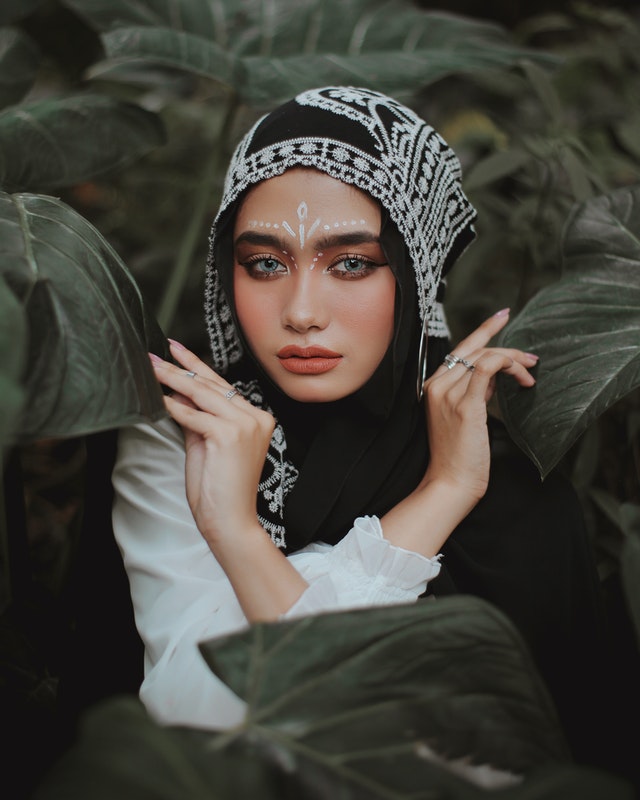
3: Popular Culture
While the Muslim dollar demands attention in every sector, we must also look at the Non-Muslim buyer.
Because Islam is so wide-spread and constantly expanding, by default, you have a wide population of people who understand the benefits of “Halal.”
People understand that Halal means “good” and that the product or service is something trustworthy. From fashion to the hottest R&B songs, Non-Muslims are touting praises of Halal. Nike offers a Pro Hijab for Muslim athletes. Non-Muslim celebrities like Beyonce and Angelina Jolie have taken pictures in hijab for solidarity.
Department stores such as Ikea and H&M offer Ramadan collections. High-end fashion designers like Dolce and Gabbana launch abaya collections and hijab-wearing models and influencers maintain strong, loyal followings online.
This tells us that Halal is a known, respected and trustworthy aspect of popular culture, Muslim and Non-Muslim alike. The popular culture element often dictates what the market wants.
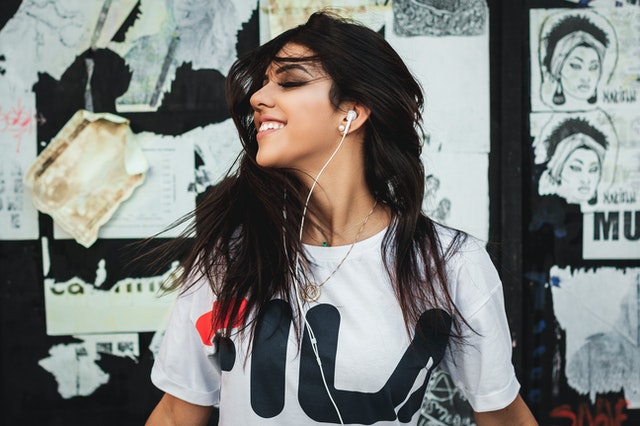
4: Trust
For those seeking a more holistic approach in the cosmetics they purchase, Halal solidifies the trust factor. In your day-to-day common products there are multiple derivatives from various animals.
There are different types of fats, tissue, hairs, blood and blood by-products that the average shopper is unaware of. Makeup, hairbrushes and toothbrushes may be made from pig hair bristles. These elements are not Halal.
As detailed in our website page on Health and Beauty, we make it clear that Islamic Services of America investigates the detailed lists of ingredients and methods of production before certifying a business.
In this way, customers can benefit by simply looking for the trusted Halal seal. Many products from nail polishes to lipsticks and hair coloring are already reaping the rewards of that benefit!
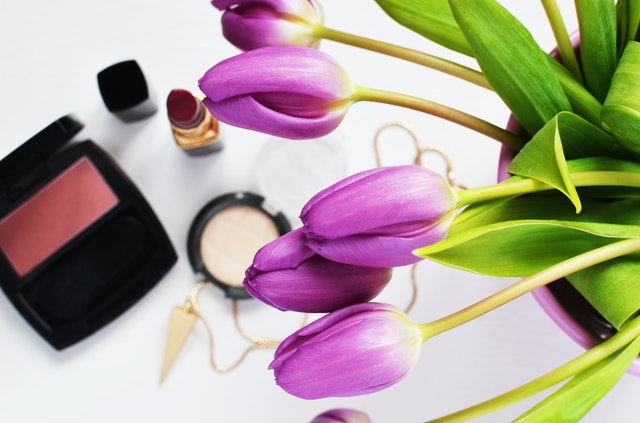
While some cosmetic trends come and go, Halal certification goes a long way in terms of trust and a sense of purity. Buying power, value-conscious shoppers, popular culture and trust are a combination not to be overlooked for any share of the market. Halal certification means trusting in one’s own product and valuing the demand of its consumers.
Picture source: Pexels